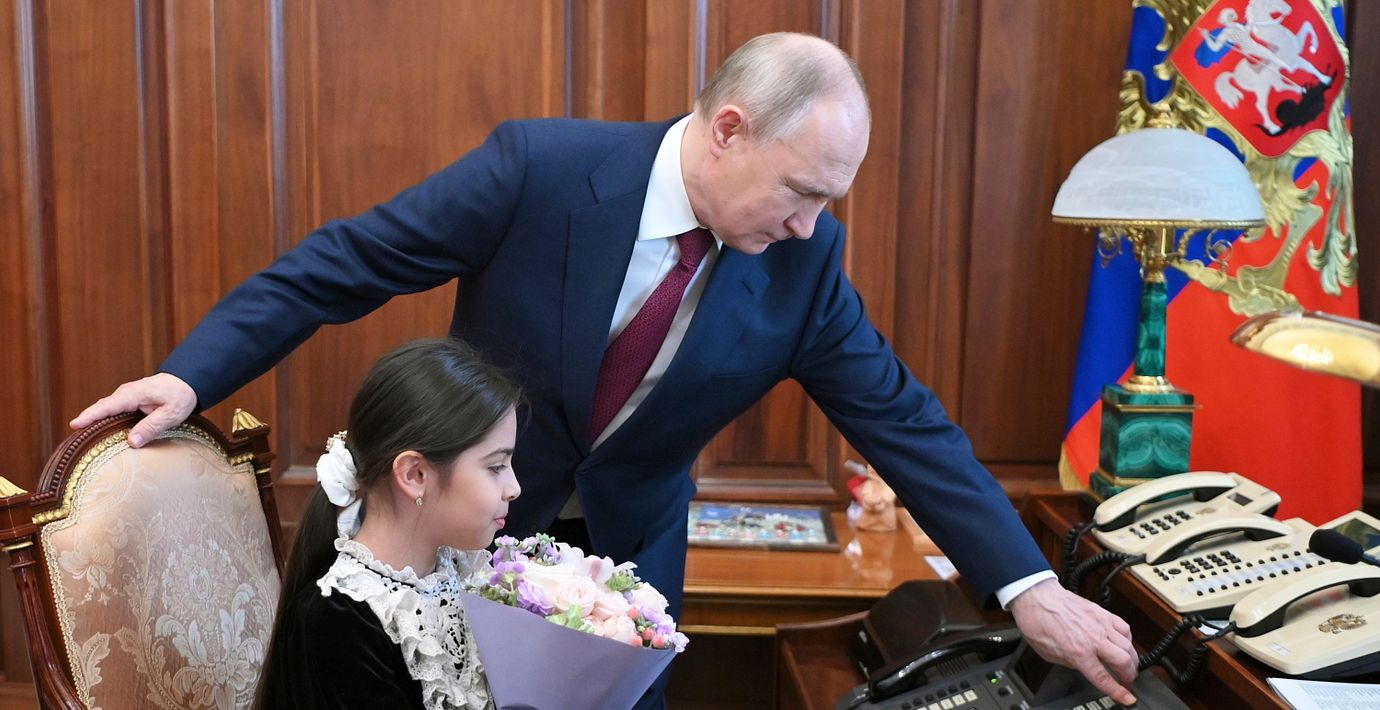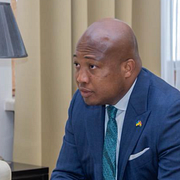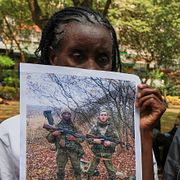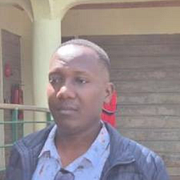
Analys: Putin känner sig inte ens säker bland sina vänner
Vladimir Putins inställda resa till Sydafrika förstärker bilden av att Ryssland är på väg att bli ”internationell paria”. Det skriver Sky News Dominic Waghorn i en kort analys när det nu står klart att Ryssland i stället skickar utrikesminister Sergej Lavrov.
Waghorn skriver vidare att Sydafrika som förbundit sig till Internationella brottsmålsdomstolen (ICC) hade varit skyldiga att gripa Putin, eftersom han står anklagad för krigsbrott genom att på ett systematiskt sätt föra bort ukrainska barn från ockuperade områden.
DN:s Michael Winiarski ser en allt mer isolerad rysk ledare. Han konstaterar att Putin tidigare skickat Lavrov till ett möte med G20-länderna, men att skillnaden nu var att han utöver Sydafrika skulle träffa representanter för Brasilien, Indien och Kina som är vänligt inställda till Ryssland.
”Men inte ens bland dessa ledare, där ingen har tagit avstånd från det ryska anfallskriget i Ukraina, kan han alltså känna sig säker.”
Under rubriken ”rysk roulette” konstaterar Tom Eaton i Sunday Times att den sydafrikanska regeringen, och särskilt president Cyril Ramaphosa, drar en lättnadens suck när det nu står klart att man inte behöver arrestera Putin, som man har en god relation till.



